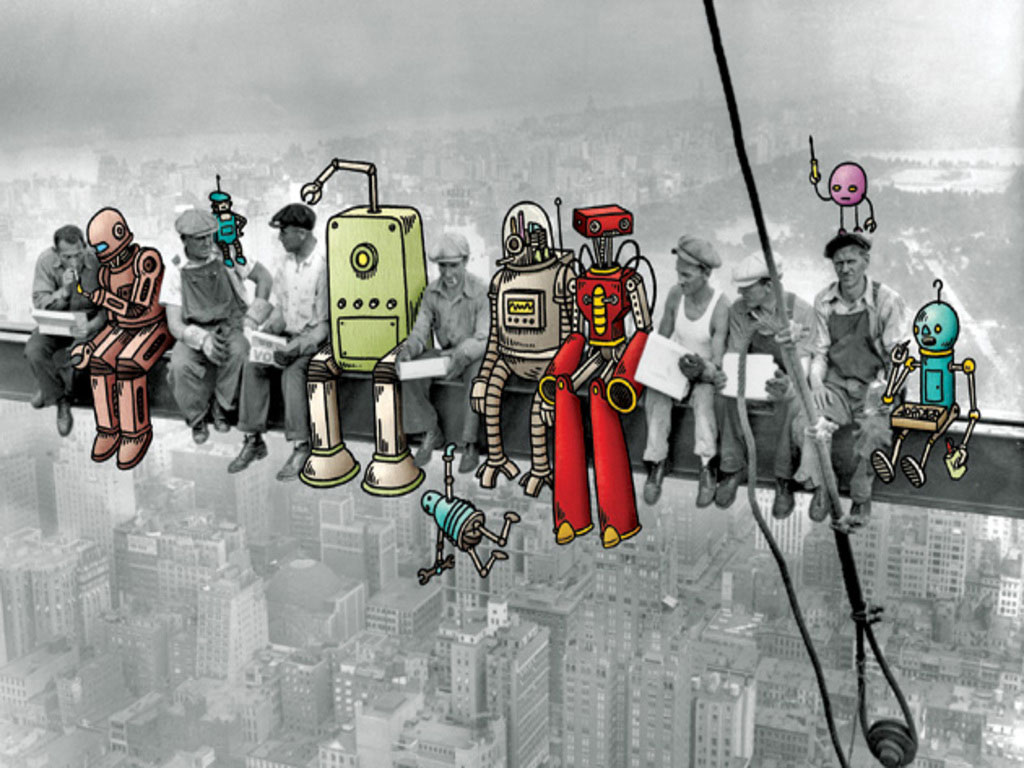Rollo Carpenter, the inventor of the original Cleverbot and George Zarkadakis, author of ‘In Our Own Image expressed their opinion on artificial intelligence pros and cons.
Rollo Carpenter is the British-born creator of Jabberwacky and Cleverbot, learning Artificial Intelligence (AI) software. Carpenter has worked as CTO of a business software startup in Silicon Valley.
As Managing Director of Existor Ltd, Carpenter is developing AI for entertainment, companionship and communication and education. His AI entries George and Joan were #1 for Loebner Prize (2005) and (2006). In 2010, Carpenter won the British Computer Society’s Machine Intelligence Competition.

In 2011, Cleverbot, a learning Artificial Intelligence conversationalist, took part alongside humans in a formal Turing Test at the Techniche 2011 festival at IIT Guwahati, India on 3 September. The results from 1,334 votes were announced 4 September 2011. Cleverbot was judged to be 59.3% human, far exceeding expectations. The humans in the event achieved just 63.3%.
“That is rather an amazing figure. It’s higher than even I was expecting, or even, really, hoping for,” said British AI scientist Rollo Carpenter during a lecture at the Techniche festival. “The figures the test exceeded 50%, and you could argue all this to mean that Cleverbot has now passed the Turing Test, here at Techniche 2011.”
The way that the volunteers conversed during both of these tests, fell into a “chatty”, light-hearted pattern, with the audience reportedly enjoying the process.
In neither test was there a great deal of analytical thinking put into how to ‘break’ the bot, nor attempts made as to ask complex questions requiring logical replies. A test populated entirely by such questioners would generate a different outcome.
Though it is on the way, the current Cleverbot is not designed to handle such logic – it is designed to imitate human chat. Thus a claim of an actual pass of the test envisioned by Turing would be open to endless debate.
Carpenter says we are a long way from having the computing power or developing the algorithms needed to achieve full artificial intelligence, but believes it will come in the next few decades. “We cannot quite know what will happen if a machine exceeds our own intelligence, so we can’t know if we’ll be infinitely helped by it, or ignored by it and sidelined, or conceivably destroyed by it”. (wikipedia)

George Zarkadakis is a writer with a PhD in Artificial Intelligence. He is also a digital transformation consultant and the Digital Lead of Willis Towers Watson. He is interested in the impact of AI in the workplace, as well as in the cross-section of science and humanities, a theme he explores in his book “In Our Own Image” (Rider Books, Pegasus Books) about Artificial Intelligence, Literature, Philosophy, and Neuroscience. He lives in London.

